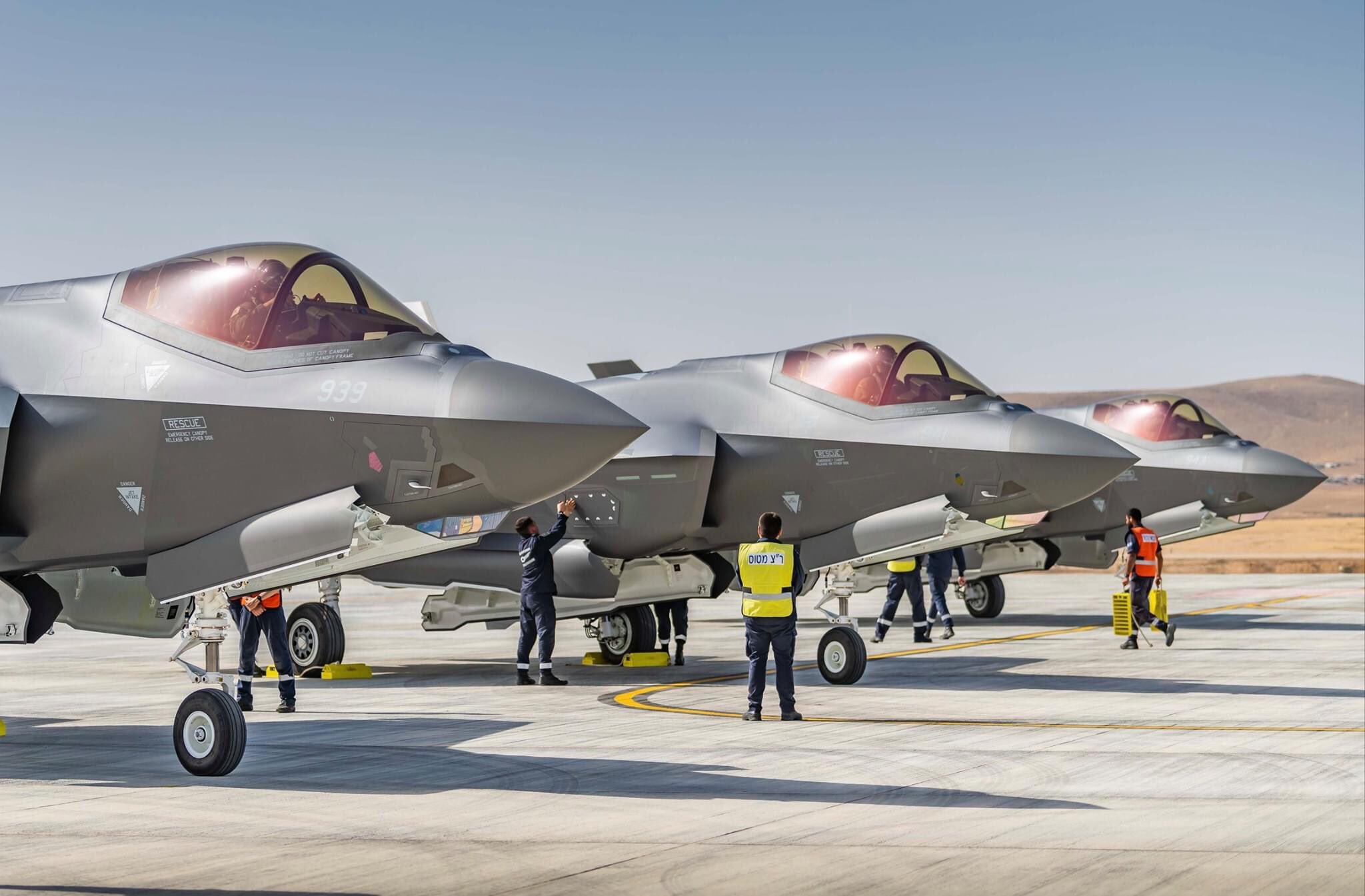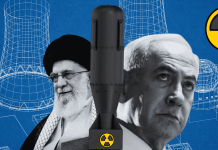Israeli PM Benjamin Netanyahu has reportedly assured US President Joe Biden that Israel only plans to strike military targets in Iran and not nuclear or oil facilities.
According to the Washington Post, citing sources, Netanyahu told Biden on October 9 during a phone call that Israel was planning to only target military infrastructure in Iran. This means that Tel Aviv may follow “a more limited counterstrike aimed at preventing a full-scale war.”
The report notes that Netanyahu’s reported plan was met with relief in the White House. The report also emphasizes that if Israel attacks oil facilities in Iran, energy prices could rise dramatically.
An attack on Iranian nuclear facilities could trigger “further escalation” and increase the risk of the US being drawn into a wider conflict.
Earlier, Biden said that he did not consider it appropriate for Israel to strike nuclear facilities in Iran. According to sources, the newspaper says that Netanyahu was in a “more moderated place” in that discussion than he had previously been.
According to the publication, an Israeli strike on military targets in Iran is expected before the US presidential election, which will take place on November 5.

Iranian ‘Super Tankers’ Evacuate Largest Oil Terminal
As reported by EurAsian Times earlier, Iranian super-tankers have left Kharg Island, the country’s largest oil terminal, leaving the anchorage empty for the first time in recent history.
Reports from TankerTrackers, an international tanker tracking firm, claim that the National Iranian Tanker Company (NITC) appears to be fearing an imminent attack by Israel. On Wednesday, their empty Very Large Crude Carrier (VLCC) super-tankers departed from Kharg Island, Iran’s largest oil terminal. While crude oil loadings continue, all additional vacant shipping capacity has been cleared from the anchorage at Kharg Island.
TankerTrackers noted that this is the first instance of such activity since the imposition of the 2018 sanctions.
Supporting this observation, Hunterbrook, an open-source investigative agency, analyzed 105 satellite passes since last November and confirmed that this is the first time the anchorage has been entirely vacant, highlighting that previous images show the presence of tankers.
Images dating back to last year showing this is the first time all the tankers have been gone from the anchorage: https://t.co/tR1y3eNHYS pic.twitter.com/lb1nr74pEc
— Hunterbrook (@hntrbrkmedia) October 3, 2024
This also means that Iran is taking the threat of potential strikes seriously.
It’s worth noting that Iranian tankers are known for their evasive tactics, often turning off their transponders and manipulating their Automatic Identification System (AIS) to hide their movements and evade US sanctions. However, the current situation goes beyond these usual maneuvers, indicating a higher level of perceived threat.
Significance Of Kharg Island
According to industry data aggregator and research firm Kpler, Iran exported 1.194 million barrels per day of crude oil and gas condensate in spring 2023, a figure that surged to a five-year high of 1.65 million barrels per day during the first five months of 2024.
Kharg Terminal, located on Kharg Island just 15 miles off Iran’s northwestern coast, handles 90% of Iran’s crude oil exports. Oil is transported to the island via pipeline.
Historically, Kharg Island was the world’s largest offshore crude oil terminal, and an attack here could have devastating consequences.
Given its strategic importance, Kharg Island is widely considered a potential target for Israel if it initiates strikes on Iran. Targeting this terminal in the Persian Gulf would aim to cripple Iran’s oil revenue.
Such an attack could trigger a short-term crude price spike of around 5%, as it poses a risk of widespread international disruption, particularly affecting Iran’s exports to China, the world’s largest oil importer.
As the third-largest producer of crude oil within OPEC, Iran heavily relies on oil and gas exports to support its struggling economy, which is already under strain from ongoing sanctions.
In response, Tehran has stated that if Israel and the US retaliate against the Kharg Island oil export terminal, it will target Saudi Arabia’s Ras Tanura oil export terminal. Such an escalation could potentially draw more countries into the conflict and further destabilize the region.
- Shubhangi Palve is a defense and aerospace journalist. Before joining the EurAsian Times, she worked for ET Prime. In this capacity, she focused on covering defense strategies and the defense sector from a financial perspective. She offers over 15 years of extensive experience in the media industry, spanning print, electronic, and online domains.
- Contact the author at shubhapalve (at) gmail.com




